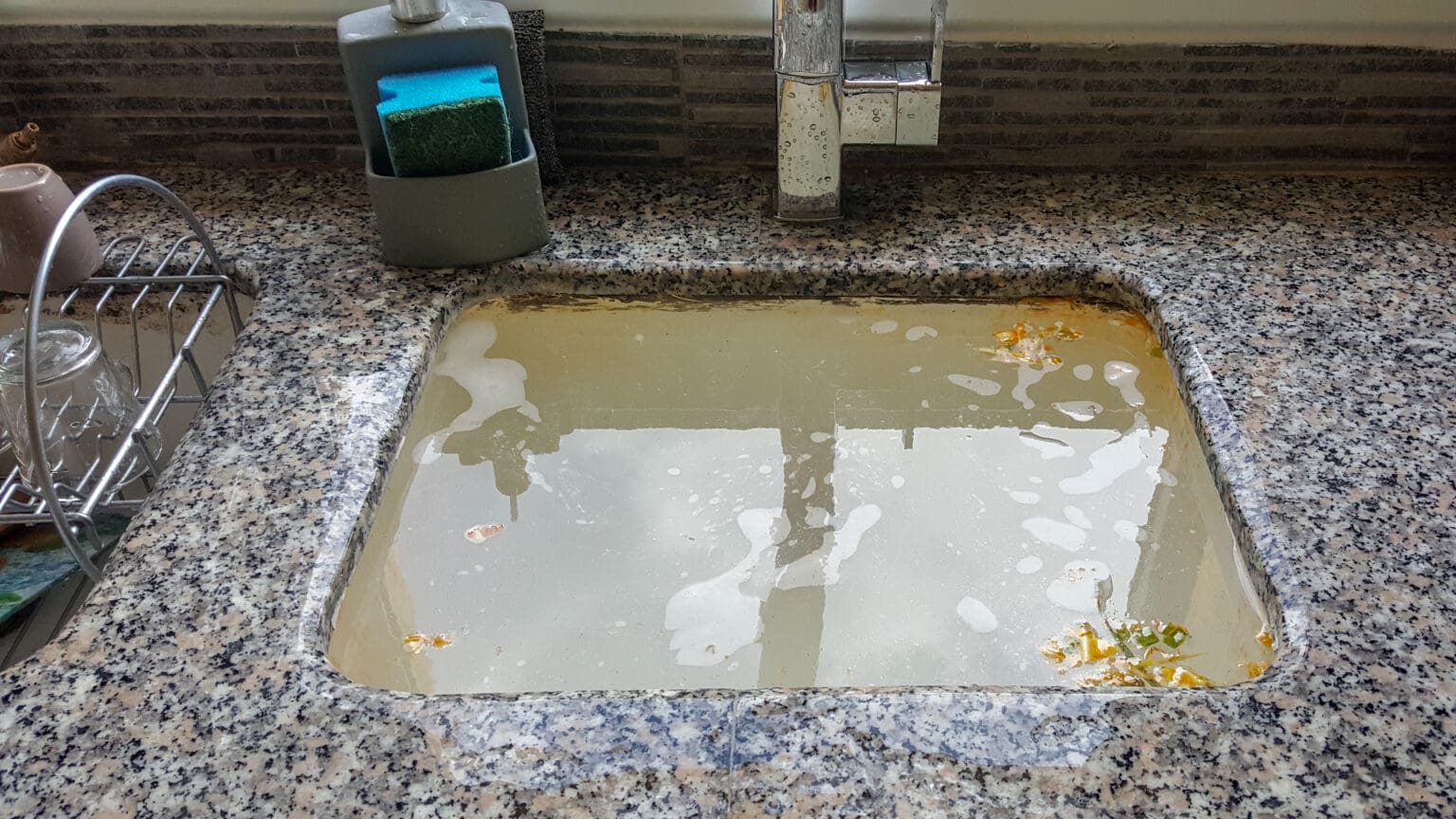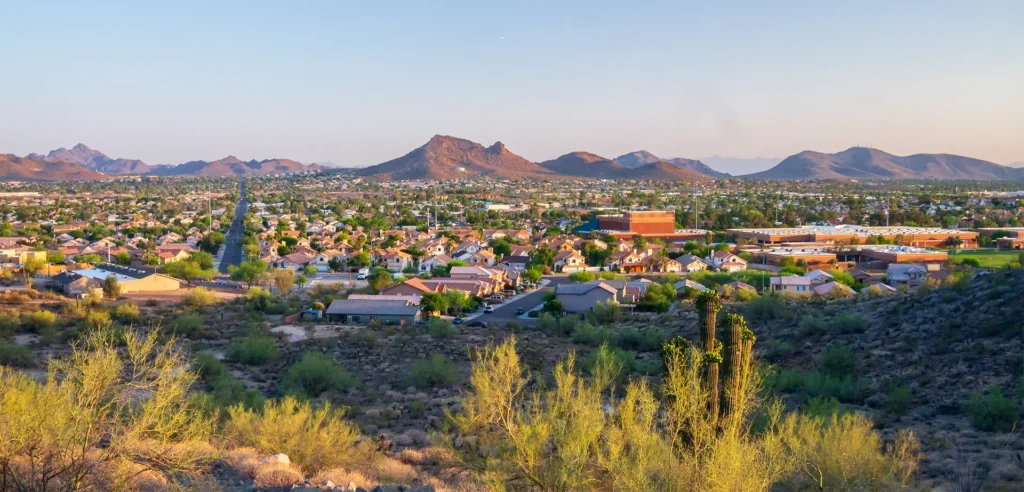
For heating and cooling, Phoenix homeowners can turn to some unusual methods. Some folks rely on heat pumps for year-round comfort. Some have tried solar panels or stoves burning wood pellets. Some have installed wood furnaces separate from the house, meant to heat water for baseboard heaters and home use. We live in a natural wonderland, though; is burning wood good? At Day & Night Air, we have some reasons to be skeptical.
Denora
No Phoenician is likely to recognize the place name, Denora, Pennsylvania. Yet in 1948, this industrial town became infamous for choking, blinding, and deadly smog that killed 20 Denora residents and laid the groundwork for the Clean Air Act. Much of the killing smog was due to emissions from industry and from home heating plants.
Clean Air
Wood pellet-burning stoves and wood furnaces all produce many pounds of pollution annually that find their way into the air we breathe:
1. Gas furnace or stove — One-sixteenth pound
2. Oil furnace — One-quarter pound
3. Pellet stove — 27 pounds
4. EPA-Certified wood stove — 97 pounds
5. Uncertified wood stove — 244 pounds
These are not Day & Night Air figures; they are from Maricopa County and should strike close to home. The actual contents of the by-products of burning wood should alarm you, too.
What’s Up in Smoke?

Wood smoke, charming and nostalgic as it may appear, is an indication of incomplete combustion. This means your wood stove or furnace did not get all the wood’s heat energy and instead released some unpleasant chemicals into the air:
- Carbon monoxide
- Volatile organic compounds
- Oxides of nitrogen
- Formaldehyde
- Benzo-a-pyrene
- Benzene
- Polychlorinated biphenyls (PCBs)
The last four items, typically human-made carcinogens and toxins, are often absorbed by trees and stored in the cellulose, to be released when the wood is burned. In addition to the compounds in wood smoke, you also have the actual particulate matter — the microscopic bits of ash and cellulose that can lodge in lungs.
Alternatives
At Day & Night Air, we say if you must burn wood, begin with a fat lighter for quick, clean-burning starts, then switch to high-energy hardwoods like oak. It is better to depend on other fuels rather than burning wood that provide even higher heat values, like natural gas.
You can help avoid the type of smog and pollution that could endanger your fellow Phoenicians by considering a modern, high-efficiency gas furnace from Day & Night Air. Contact us today to hear all about alternatives to burning wood.







